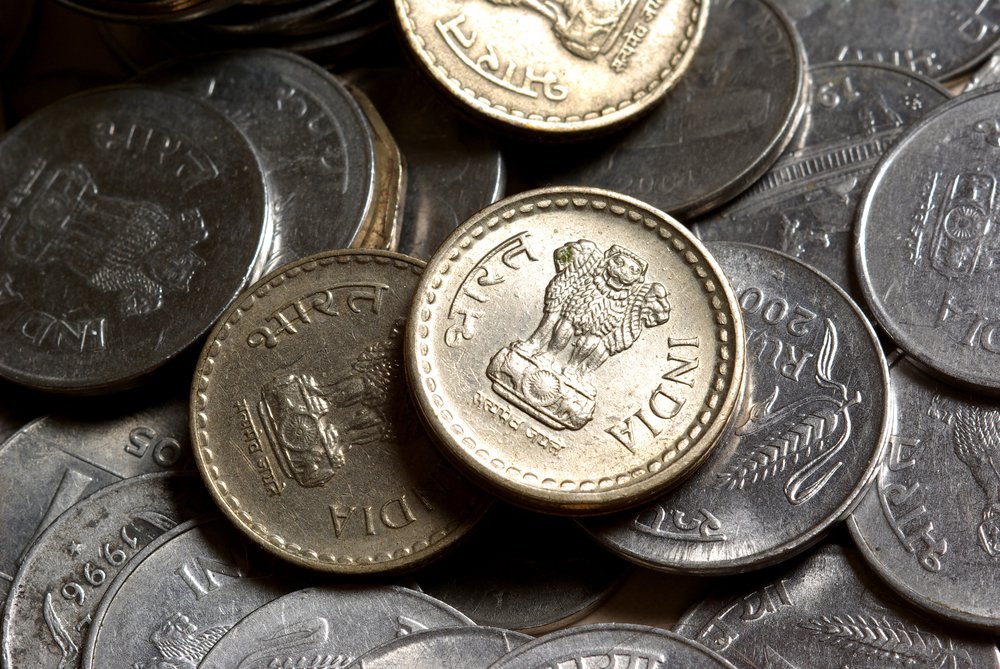Kik maker launches cryptocurrency to fight Internet ‘giants’

Launching its own cryptocurrency called Kin
Kik Interactive Inc., the maker of anonymous chat app Kik, announced today that it is launching its own cryptocurrency called Kin in order to push back against what Chief Executive Ted Livingston calls the “copy-and-crush strategy” of giant Internet companies.
“We’ve reached a worrying point in the evolution of the internet: More and more of our everyday digital activities — from talking to friends to ordering food to share photos — are controlled by fewer and fewer companies,” Livingston wrote in a blog post. “The biggest companies use their scale to mass advertising dollars and give everything else away for free, making it nearly impossible for smaller competitors to find sustainable business models.” According to Livingston, Kik’s new cryptocurrency will allow developers to “link arms to compete with the giants together, building a better future for society while also making money.”
Kin is based on the Ethereum blockchain, and it will be integrated directly into Kik for in-app purchases, which Livingston says will help generate demand for the cryptocurrency. He noted that Kik’s existing digital currency, Kik Points, has already demonstrated that Kin could be successful. “Despite its intentional limitations, Kik Points saw a transaction volume three times higher than Bitcoin’s,” Livingston said. “As the default currency inside Kik, Kin will go far beyond Kik Points by allowing people to participate in an economy based on buying and selling stickers, hosting and joining group chats, creating and using bots, and much more.”
Livingston said he hopes Kin will help create an open, decentralized digital ecosystem, which would allow consumers to move to other platforms without losing apps or services that they have already paid for. Kik users will be able to earn and spend Kin through the app, which could allow the app’s predominantly younger user base to spend money without having to use a credit card. Kik will have also parental controls for Kin to prevent underage users from spending the currency without permission. Each day, an algorithm will also distribute Kin to developers through the Kin Rewards Engine based on how much their service contributed on the platform. The idea behind this rewards program is to compensate developers without having to rely on an advertising model, which Livingston says will “lead to a virtuous cycle in which the ecosystem grows in both size and quality.”
To oversee the new cryptocurrency, Kik is founding the Kin Foundation, an independent not-for-profit organization that will operate the reward engine and manages transaction services and a decentralized user identity. “It’s like Mozilla for the mobile era, but with payments built in,” Livingston said. Livingston did not name any names when describing the big “copy-and-crush” companies, but one of the most likely candidates would be Facebook Inc., which has been increasingly expanding its products to compete directly with newer social apps. For example, Facebook-owned Instagram has introduced a number of features over the last year that gives it functions similar to Snapchat.
Chuck Reynolds
Contributor
Please click either Link to Learn more about – TCC-Bitcoin.
Alan Zibluk – Markethive Founding Member











